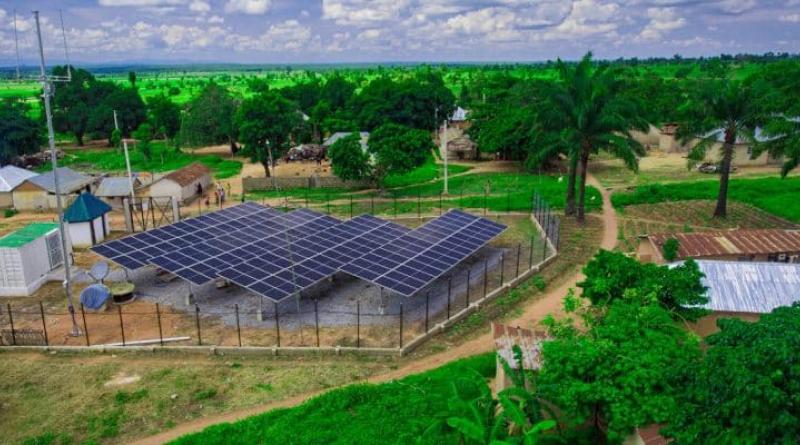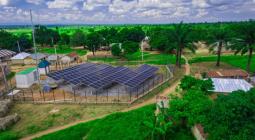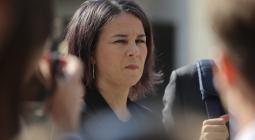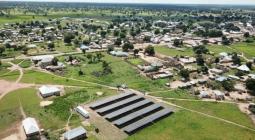AFRICA: eight investors raise $103m for Husk’s solar mini-grids

Electricity access provider Husk Power is raising finance for its ambitious project to build 2,500 solar mini-grids in sub-Saharan Africa and South Asia. The company, based in Fort Collins in the United States of America, has just raised $43 million in a Series D financing round. At least five investors took part in the deal.
These include Proparco, the subsidiary of the French Development Agency (AFD) group, which is stepping up its investment in renewable energy electrification in Africa, as well as the U.S. International Development Finance Corporation (DFC) and the French investment company Stoa Infra & Energy, owned by Caisse des Dépôts et Consignations (CDC) and AFD.
The debt
The Netherlands Development Finance Company (FMO), the financial arm of Swedish diplomacy Swedfund and the Shell Ventures investment platform of Anglo-Dutch oil company Shell are also participating in Husk Power’s Series D. With these investments, the company led by Manoj Sinha is raising a further $60 million in debt from the European Investment Bank (EIB) and the International Finance Corporation (IFC), the private sector financing arm of the World Bank Group.
“We are delighted to put this new equity and debt at the service of Husk’s growth and to unleash the full economic and social potential of a generation of rural Africans and Asians, particularly women and young people, who would otherwise be left behind,” says Manoj Sinha. According to Sinha, the funds raised will finance the construction of 1,400 solar mini-grids, two-thirds of them in sub-Saharan Africa.
Electrification of 300,000 people and SMEs
Husk Power has set up shop in Nigeria, the most populous country on the African continent (213 million people), where 60% of the population still has no access to electricity. Over the next five years, the American company plans to provide access to electricity for at least 300,000 people and micro, small and medium-sized enterprises (MSMEs), thereby reducing emissions by 350,000 tonnes of carbon dioxide equivalent (CO2).
The company currently operates 200 solar mini-grids in sub-Saharan Africa and South Asia. As part of its Africa Sunshot initiative, launched in September 2023, the company plans to raise $500 million to finance 2,500 solar-powered mini-grids in at least six African countries by 2030.






